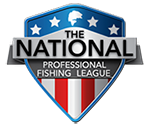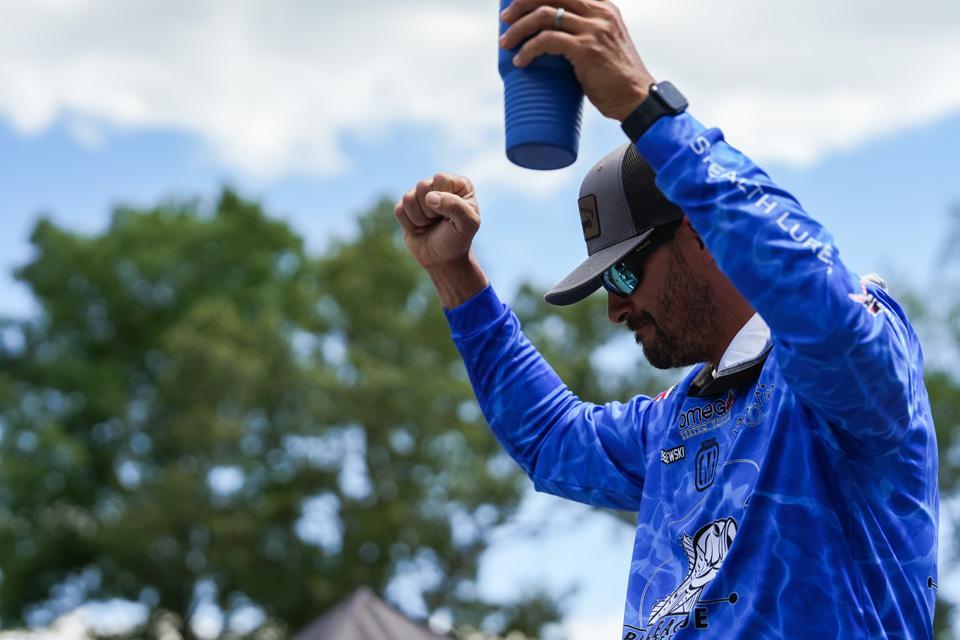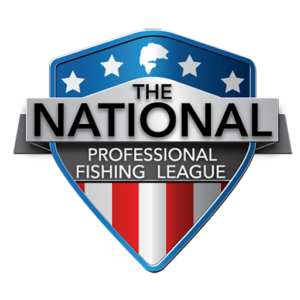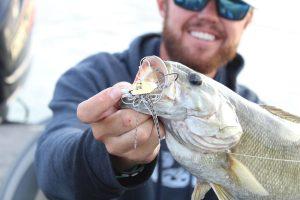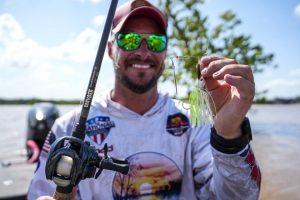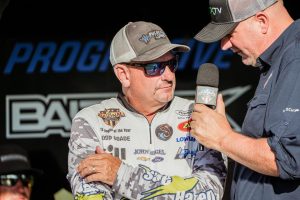Story by Robert Wroblewski | Photos by Tanner & Travis Lyons
When most people think about tournament fishing, they picture rods, reels, boats, and electronics. They picture long days on the water, early mornings, and the grind of chasing bass across different lakes all season. What doesn’t get talked about nearly enough is one of the most important pieces of equipment you can carry into a tournament: your own body. The way you fuel yourself, especially during tournament week, has a direct impact not only on your performance in the moment but also on your longevity in this sport.
Tournament days are long and demanding. We’re up before daylight, running across big water, standing on our feet for eight or more hours, making thousands of casts, and trying to make smart decisions under pressure. After weigh-in, there’s still tackle prep, boat maintenance, and sometimes even long drives before the next day starts. If you’re running on gas station snacks, fried food, and sodas, you might feel okay at first, but eventually you crash. By the final hours of the day, when one more big bite could be the difference between a paycheck and going home empty, your body and mind aren’t nearly as sharp as they should be.
That’s why I’ve been making some real changes this year. There’s so much research out there about food and health that we, as anglers, really ought to take it more seriously. The internet is a crazy place, but if you sift through it, there’s a ton of good information on how diet affects energy, focus, and recovery. I made the decision to steer away from fast food, sodas, artificial flavors, and especially bread. For me, bread was something that seemed to fog me up in ways I didn’t even realize until I cut it out. I’ve always tried to stay healthy here and there, but this year I’ve been intentional about sticking with it. I still believe a cheat day won’t kill you, sometimes it’s good to enjoy yourself, but when unhealthy eating becomes an everyday habit, it will absolutely catch up with you.
The difference has been night and day. Eating cleaner—lean proteins, fruits, vegetables, and foods that fuel me instead of weighing me down—has given me more consistent energy throughout the day. I don’t get that sluggish feeling that comes after a greasy meal or a sugar crash from sodas. I feel steady, alert, and ready to fish hard from blast-off to check-in.
It’s not just about energy, though. Fishing might not look like a physically demanding sport from the outside, but anyone who’s competed knows what it does to your body. Long days standing, rough boat rides, constant casting, all that wears on your joints, back, and muscles. When I eat cleaner, I’ve noticed I deal with less inflammation and soreness. My recovery between days is better, which is huge in multi-day events where how you feel on Day 3 can be the difference between finishing strong or struggling.
Sleep is another big factor. Eating fried food late at night or loading up on junk before bed has a way of ruining your rest. I’ve had nights where I tossed and turned and then woke up groggy, dragging before the sun even came up. But when I’m eating right, I sleep deeper and wake up ready to go, which carries over to the water the next day.
At the end of the day, eating healthy is about more than just one event, it’s about longevity in the sport. I don’t just want to fish now; I want to be fishing tournaments for decades. The truth is that our bodies are as much a part of our equipment as our rods, reels, and boats. If we take care of them, we can fish harder, smarter, and longer.
It’s easy to hit the drive-thru or grab whatever’s quick when you’re on the road, but I’ve learned the hard way that those choices add up. Making the effort to eat clean isn’t just about feeling good in the moment, it’s about giving yourself every possible advantage on the water and making sure you’re still able to do what you love for years to come.
Robert Wroblewski – Angler Profile
